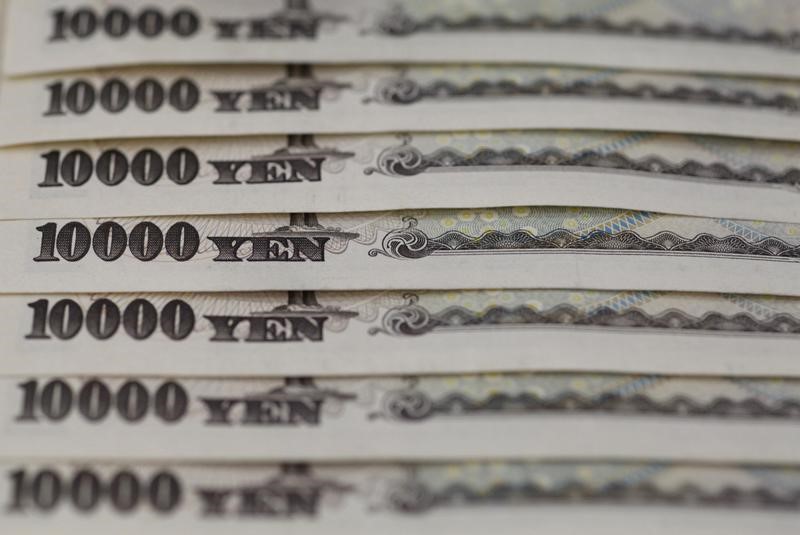Investing.com - The yen gained ground against the dollar and the euro on Monday as uncertainty over Greece’s future in the euro zone and worries over a slowdown in growth in China kept investors cautious.
USD/JPY was down 0.37% to 118.67, off Friday’s one-month highs of 119.21.
The dollar rallied on Friday on the back of a stronger-then-expected U.S. jobs report, which reinforced expectations for a mid-year rate hike by the Federal Reserve.
In the euro zone, concerns over the Greek debt crisis escalated after the country’s new prime minister reiterated that Athens would not stick to the terms of its old bailout agreement.
In an address to parliament on Sunday Greek Prime Minister Alexis Tsipras said he would deliver on pre-election pledges to roll back austerity measures and reject an international bailout extension.
Instead, he said he will seek a new “bridge agreement” to cover Greece’s funding needs until June.
Greece’s main stock exchange fell sharply on Monday, while bond yields surged higher amid worries that that time is running out for Athens to reach an agreement on a new financing program with creditors.
Greek Finance Minister Yanis Varoufakis is to present a proposal on debt renegotiation at a meeting of euro zone finance ministers on Wednesday, one day before a European Council meeting.
Market sentiment was also hit by disappointing trade data from China.
Official figures on Sunday showed that Chinese exports fell 3.3% in January on a year-over-year basis, while imports dropped 19.9%. The data indicated that both global and domestic demand is weakening.
This was somewhat offset by data on Monday showing German exports rose to a record high last year.
Germany exported a record €1.13 trillion worth of goods and services in 2014, an increase of 3.7% from a year earlier. Imports rose more slowly, increasing 2% to €915.6 billion, leading to a record high trade surplus.
The euro was weaker against the yen, with EUR/JPY down 0.47% to 134.17.
The yen received a boost earlier in the day after data showed that Japanese consumer sentiment improved in January and after a Bank of Japan policymaker said the economy will not slip back into deflation. The remarks indicated that no immediate expansion of the bank’s stimulus program is necessary.
In other trade, the U.S. dollar index, which measures the greenback’s strength against a trade-weighted basket of six major currencies, eased to 94.63, not far from Friday’s highs of 94.87.
